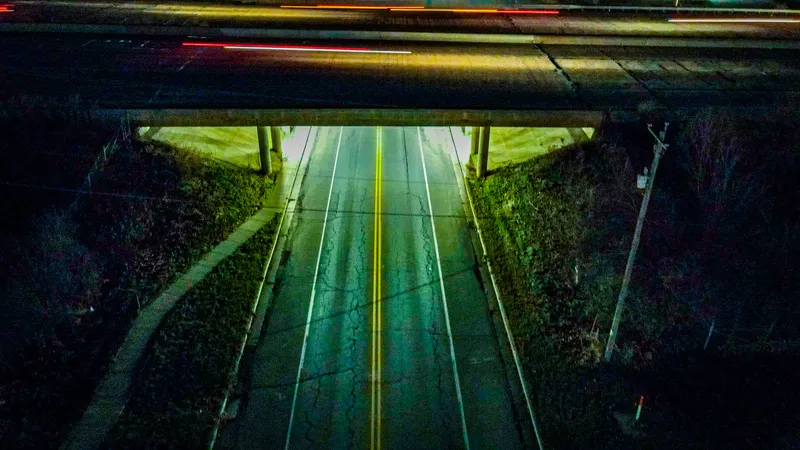The Washington Transportation Commission (WSTC) has retained D’Artagnan Consulting as the prime contractor to assist with formulation, design, management and implementation of the Washington Road Usage Charge Pilot Project. This pilot project will demonstrate and evaluate an operational road usage charge system with a minimum of 2000 volunteers for a period of 12 months, expected to begin in January 2018.
D’Artagnan requests proposals from firms who wish to be considered for the following functions:
Provision of the operational concepts selected by WSTC, including: automated distance charge (with general location); automated distance charge (without location); mileage permit and odometer charge.
Collectively, across two proposers, provision of supporting mileage-reporting technologies for automated distance charge and odometer-based operational concepts: OBDII device (with and without general location) and Smartphone app to report and transmit mileage data to a RUC account manager for verification and calculation of the RUC owed.
Washington Department of Licensing (DOL) subagents will provide manual reporting of participant odometers via visual inspection and/or smartphone apps. This is not sought to be provided by account managers, but at least one account manager must be capable of receiving odometer data from subagents.
The Proposal Due Date is 5:00 p.m. Pacific Time on Monday, June 19, 2017. The RFP file is also available to interested parties in providing the above services or technologies by emailing D’Artagnan.
Washington State Road Charge Pilot Project – request for proposals
The Washington Transportation Commission (WSTC) has retained D’Artagnan Consulting as the prime contractor to assist with formulation, design, management and implementation of the Washington Road Usage Charge Pilot Project. This pilot project will demonstrate and evaluate an operational road usage charge system with a minimum of 2000 volunteers for a period of 12 months, expected to begin in January 2018.
June 2, 2017
Read time: 2 mins








